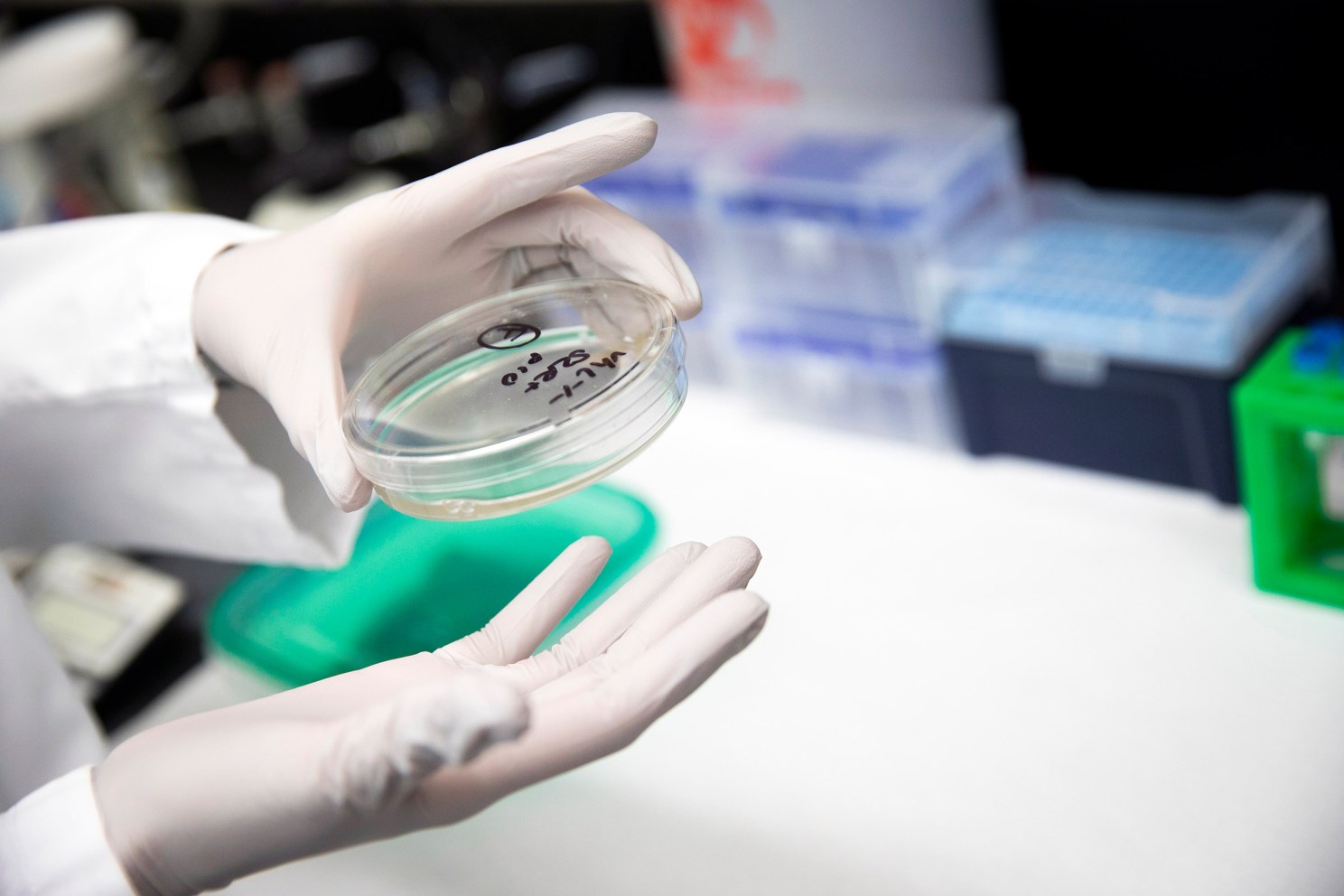NSF rapid grants awarded to coronavirus response projects

Stephanie Mitchell/Harvard file photo
Nine Harvard researchers have received nearly $1 million in fast-tracked funds from the National Science Foundation for seven coronavirus research projects focused on aspects of the pandemic ranging from the virus’ effects on the economy to studying social distancing using social media platforms.
The funds come from the NSF’s Rapid Response Research (RAPID) mechanism. The program was created to fund time-sensitive proposals when there is an urgent need for immediate research on natural disasters and unanticipated events like mass shootings, hurricanes. So far, the funding mechanism has awarded almost $75 million for 502 studies related to COVID-19.
“COVID-19 is a global pandemic that demands rapid responses,” said Weihe Guan, executive director for the Center for Geographic Analysis and principal investigator on one of the projects. “Given the urgency and complexity of this problem, no single research team can provide the solution quickly enough.”
The project Guan is overseeing brings together a taskforce of international researchers to create a platform that provides essential resources and tools needed for COVID-19 research — such as revealing disease transmission patterns, modeling social and economic impacts, evaluating the effectiveness of policies, assessing health facility capacity, and predicting public sentiment from social media — through a single gateway.
James Stock, the Harold Hitchings Burbank Professor of Political Economy at the FAS, and his co-principal investigator Emmanuel Farhi, the Robert C. Waggoner Professor of Economics, are studying how to reopen the economy while simultaneously controlling the spread of the disease. They plan on doing this by creating a modeling system that combines epidemiological models and economic models to provide a quantitative framework for assessing the path of the epidemic and the economy at a granular level. Such a model is currently not available, they said. “Our hope is that these results can help to inform decisions on epidemiological/economic policy as we confront a second wave of infections,” Stock said.
Another economic project comes from Emily Breza, an assistant professor of economics. She and her co-investigators Marcella Aslan, a professor of public policy at the Kennedy School, and MIT economists Abhijit Banerjee, Esther Duflo, and Benjamin Olken plan to design and implement messaging campaigns in two vulnerable communities to study how messages about social distancing and personal hygiene reach groups most affected by the pandemic and how effective they are. They hope their research can provide guidance on policies to reduce the spread of COVID-19 and future pandemics.
Matthew Baum, the Marvin Kalb Professor of Global Communications at the Kennedy School, will use his award to analyze data collected through rolling 50-state and national surveys in order to study the attitudes and behaviors of the approximately 25,000 respondents polled each month. He hopes to capture how well the information and communication needs of Americans are met during the crisis, observe patterns of citizen compliance with government recommendations — such as stay-at-home orders and enforced lockdowns — and assesses the impacts of policy on suppressing the spread of the virus among diverse populations.
Philip Demokritou, associate professor of aerosol physics at the Chan School, and his team plan to figure out a way to use a recently developed nanotechnology-based carrier platform to inactivate airborne viruses like COVID-19. The proposed method has the potential to transform the way we currently control airborne infectious diseases, the researchers said.
Sheila Jasanoff, the Pforzheimer Professor of Science and Technology Studies at HKS, plan to study the relationship between expertise and trust during the pandemic, “a critically important nexus for policy makers in an era of decentralized information and polarized politics,” the researchers wrote in the abstract for the project.
Marinka Zitnik, the assistant professor of biomedical informatics at the Medical School, plans to develop a machine learning toolset to identify existing drugs that can be repurposed to treat the coronavirus.
“By putting tools in the hand of practitioners, the activities in this project will have an immediate impact,” Zitnik wrote in the project’s abstract. “This project will provide new, open tools for rapid drug repurposing that will be relevant for COVID-19 and other emerging pathogens.”





